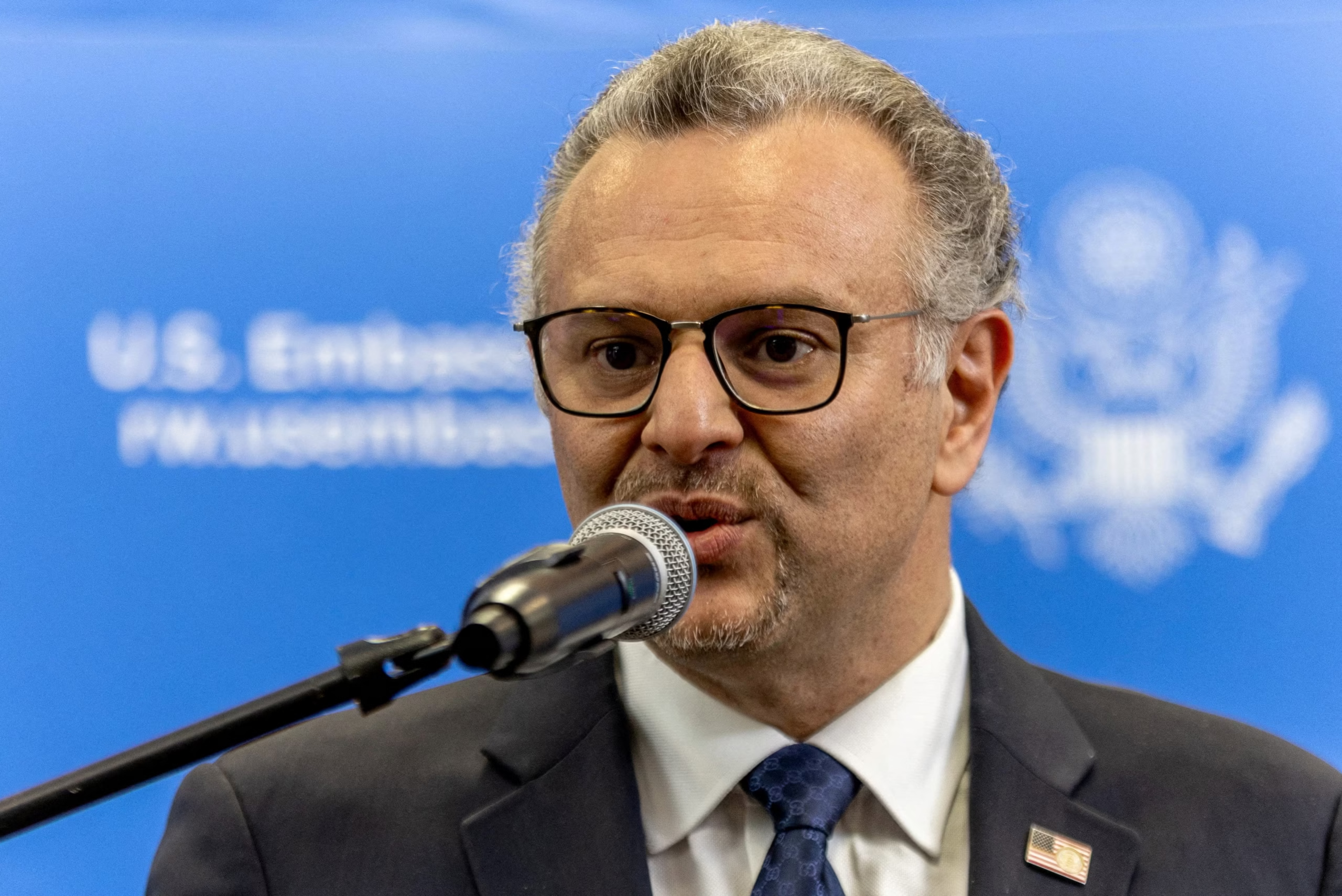
Congo and Rwanda have submitted a draft peace proposal aimed at ending the ongoing violence in eastern Congo and attracting billions of dollars in Western investment, U.S. President Donald Trump’s senior adviser for Africa confirmed on Monday.
This marks the latest effort by the Trump administration to resolve the decades-long conflict in the mineral-rich region, which holds valuable resources such as tantalum, gold, cobalt, copper, and lithium.
Foreign ministers from both countries had previously agreed, in a ceremony held last month in Washington with U.S. Secretary of State Marco Rubio, to submit the peace proposal by May 2. However, neither Kinshasa nor Kigali has officially confirmed the submission, and Rwandan Foreign Minister Olivier Nduhungirehe mentioned on Saturday via social media that the contributions from both sides “have not yet been consolidated.”
Massad Boulos, Trump’s senior adviser for Africa and the Middle East, expressed his support on social media, stating that he welcomed the “draft text on a peace proposal received from both DRC and Rwanda,” describing it as “an important step” towards peace.
The U.S. is pushing for swift progress. Boulos indicated that a meeting would take place in mid-May between U.S. Secretary of State Marco Rubio and the foreign ministers of Rwanda and Congo to finalize the peace proposal.
Before the peace accord is signed, Congo and Rwanda must first reach bilateral economic agreements with Washington, which will lead to significant investments from U.S. and Western companies in Congolese mines and infrastructure projects, including mineral processing in Rwanda.
The goal is for all three agreements—peace, economic, and investment—to be signed within two months, with a ceremony potentially attended by President Trump, Boulos said.
Continued Fighting in Eastern Congo
The peace efforts come amid ongoing violence in eastern Congo, where Rwandan-backed M23 rebels have made significant advances, killing thousands and displacing hundreds of thousands. The United Nations and Western governments have accused Rwanda of providing arms and troops to M23, a claim Rwanda denies, stating that its military actions are in self-defense against Congo’s army and a militia formed by perpetrators of the 1994 genocide.
Congo’s government, led by President Felix Tshisekedi, is engaged in separate negotiations with M23, facilitated by Qatar. Although both sides agreed to pursue peace last month, frustrations have grown over the slow pace of discussions.
M23 is not part of the peace talks in Washington, but rebel spokesperson Lawrence Kanyuka expressed support for any peace initiatives. Despite diplomatic efforts, fighting in eastern Congo persists, with Congo’s army accusing M23 of seizing the town of Lunyasenge near Lake Edward and reserving the right to retaliate.
